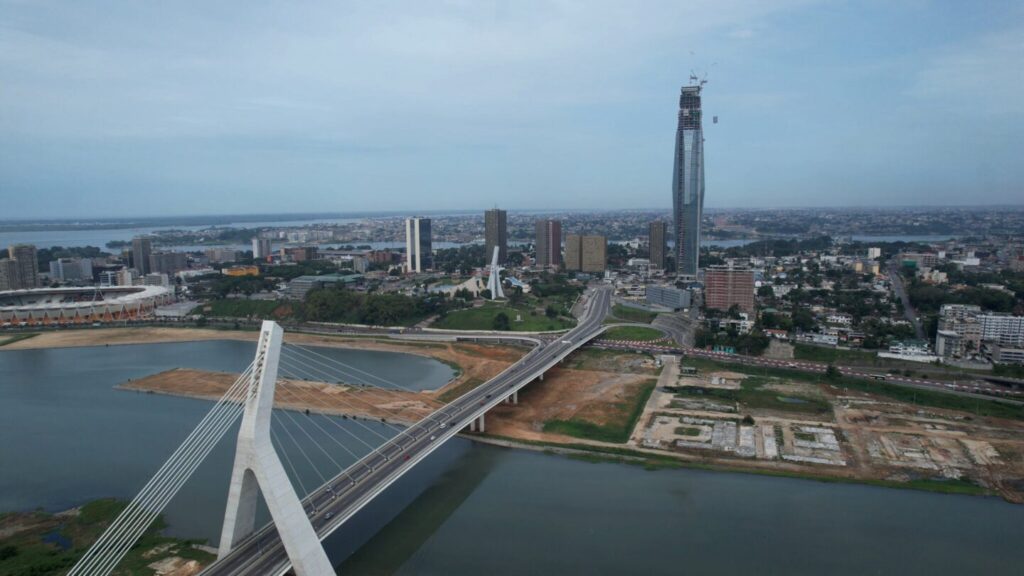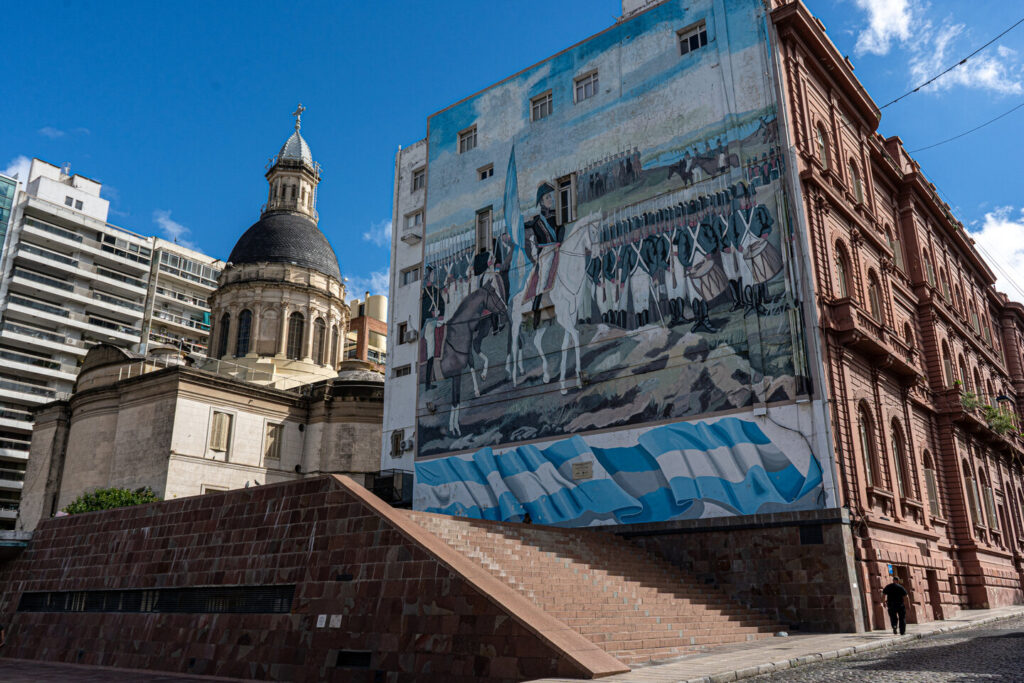
From the ground up
Uncover the gaps
Foundations & Diagnostics
Goal
Bring your city into the C/Can network
Joining C/Can starts with a rigorous application and due diligence process, ensuring that your city has the leadership, governance structures, and commitment necessary for sustainable engagement.
Outcomes
- Memorandum of Understanding
- City cancer care profile
- Political commitment and collaboration


Goal
Understand your city’s cancer care landscape and build a mechanism for local coordination
We work with you to identify all relevant actors in the cancer care ecosystem, such as public and private healthcare providers, policymakers, civil society organisations, patient advocates, etc. Then, a City Executive Committee (CEC) is established to oversee the initiative.
Outcomes
- Map city-wide cancer care stakeholders
- Establish City Executive Committee
- Establish City Technical Committee


Goal
Gain an in-depth understanding of gaps in cancer care
Local experts connect C/Can with key city stakeholders in order to coordinate a city-wide data-driven assessment. Existing cancer care services, infrastructure, and policies are evaluated to identify gaps and priority areas.
Outcomes
- Comprehensive cancer care landscape analysis
- Shape data-informed diagnosis through stakeholder input
- Create Situation Analysis Report


Power the System
City Programme
Goal
Support your city in developing projects that address priority needs in cancer care
Stakeholders co-develop a City Strategic Plan and the programme of projects, which outlines measurable, evidence-based interventions designed to address identified gaps while aligning with national health strategies.
Outcomes
- Co-create City Strategic Plan (data-driven design with clear priorities)
- Define City Programme (scope, objectives, definition of solutions, and structure of collaboration)


Goal
Design and adapt C/Can city solutions
Local, multisectoral working groups are established to plan the programme of projects.
Outcomes
- Establish city-led project teams
- Create scalable, actionable project plans
- Establish impact and progress indicators


Goal
Implement, monitor, and sustain solutions
The established working groups implement the programme of projects, with C/Can collaborating to measure each project’s effectiveness.
Outcomes
- Establish local ownership and capacity-building through expert training
- Successfully implement projects; ready to share locally, nationally, globally
Goal
Ensure sustainable, evidence-based cancer care improvements
Strategic plans are reviewed and multiple implementation cycles are continued as needed based on guidance from city-level outcomes indicators.
Outcomes
- Multi-Criteria Decision Analysis (MCDA) to evaluate project success
- Stakeholder review to optimise programmes
- Publication of impact report
- Decision to move into further 2-year project execution cycles
If the city continues into a new cycle of implementation, it will follow an iterative step-by-step process (Phases 4–7) to define, plan, and execute a 2-year programme for greater impact. Otherwise, the programme will be handed over to local stakeholders within the city.